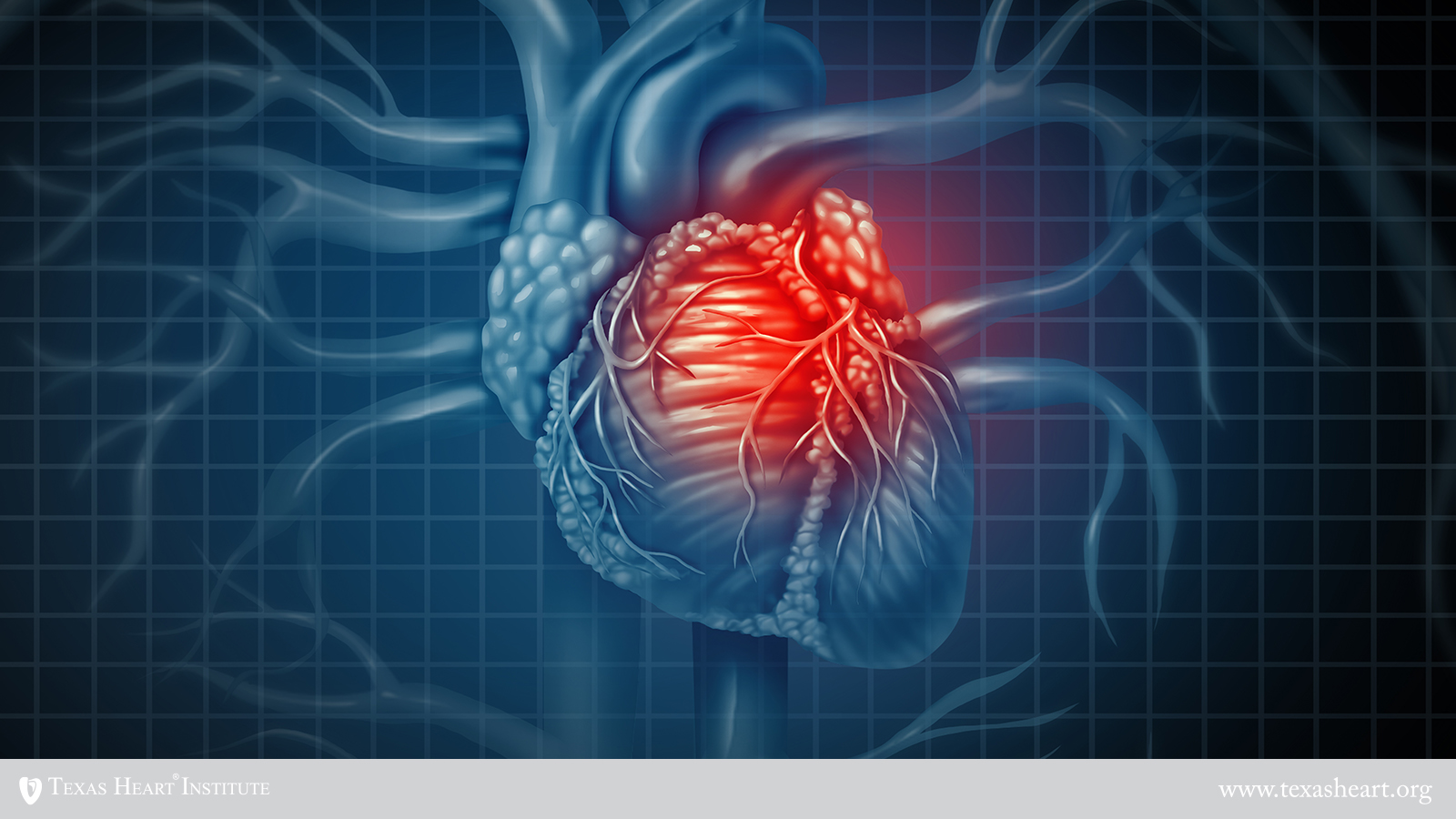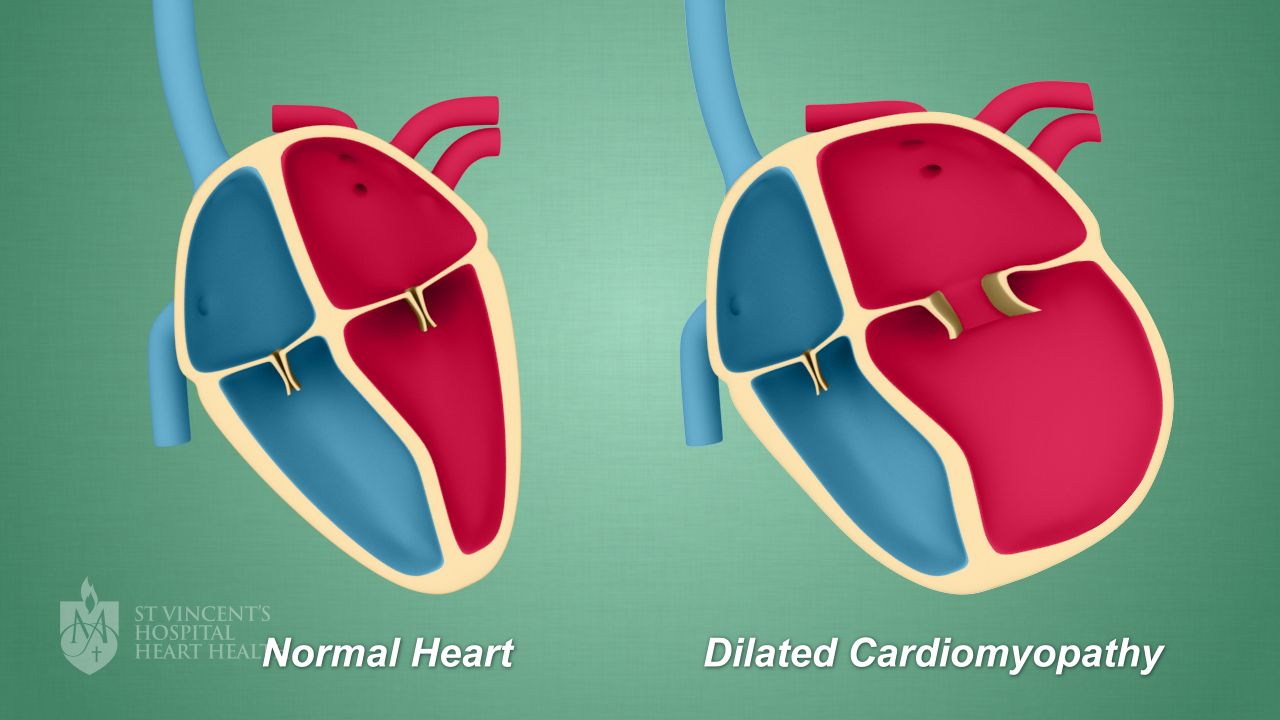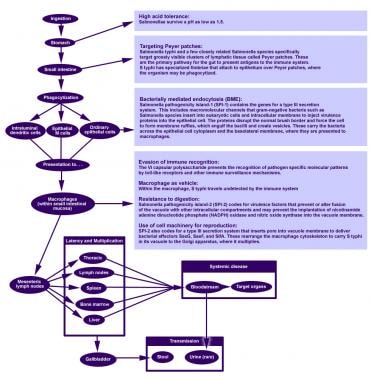It is the most typical type of restrictive cardiomyopathy. Thickened less flexible heart tissue restrictive cardiomyopathy or stiff heart syndrome.
 Restrictive Cardiomyopathy Texas Heart Institute
Restrictive Cardiomyopathy Texas Heart Institute
What is stiff heart syndrome.

Stiff heart syndrome. A nonspecific term for ventricular pump failure due to restrictive heart disease. It can lead to backup of fluid on the lungs with shortness of breath. Cardiac amyloidosis may affect the way electrical signals move through the heart conduction system.
Stiff heart syndrome also called Isolated cardiac amyloidosis is a rare manifestation of amyloidosis according to Canadian Medical Association Journal. This impacts the rhythm and strength of the heart. While initially this thickening helps increase pump function to maintain blood flow to the body eventually the pump starts to stiffen and pressure starts to build up in the heart leading to shortness of breath and fluid retention both in the lungs and in the legs.
On the occasion of World Heart Day on September 29 it. Stiff heart syndrome. Arora S1 Arora A Makkar RP Monga A.
Most probably you have Stiff Heart Syndrome. If amyloidosis occurs in the heart the cardiac walls thicken and stiffen. What Is Stiff Heart Syndrome.
Cardiac amyloidosis is a disorder caused by deposits of an abnormal protein amyloid in the heart tissue. A stiff heart occurs when the heart muscle thickens in response to high blood pressure. Everyone is different so there is not one typical course.
It leads to decreased compliance of and increased stiffness of the ventricles creating diastolic dysfunction. And it does not always progress. These deposits make it hard for the heart to work properly.
A stiff heart also called diastolic dysfunction or cardiac amyloidosis is a condition in which the muscle tissue of the heart becomes stiff as its name suggests. Myocardial fibrosis of multiple causes and subendocardial fibroelastosis can result in a stiff heart syndrome. Beckers subendocardial fibroelastosis South African cardiomyopathyl1 and infantile subendocardial fibroelastosis3 are not associated with restrictive hemodynamics but both are characterized by progressive cardiac dilation.
There are some medications that can help with it like beta blockers. Cardiac amyloidosis stiff heart syndrome occurs when amyloid deposits take the place of normal heart muscle. It is a mysterious and complex disease that requires high clinical suspicion for diagnosis.
A stiff heart can result from uncontrolled hypertension a coronary blockage a heart muscle condition or aging. Stiff heart syndrome is also commonly used with the term cardiac amyloidosis. Stiff heart syndrome also known as cardiac amyloidosis occurs when protein is deposited in the heart and takes the place of heart muscle.
Ad Schedule a visit with a Cardiologist today. Farlex Partner Medical Dictionary Farlex 2012. Any condition usually acute that causes the heart to be restricted in diastole mainly affecting the ventricles and at one time a complication of cardiac surgery.
However scientists are discovering that these two types of heart failure are actually quite different in their mechanisms and in how they respond to treatment. According to WebMD the symptoms of cardiac amyloidosis are cardiac arrhythmia shortness of breath and the signs of heart failure. Over time the protein deposits replace heart tissue and this leads to heart failure.
Diastolic heart failure basically means that your heart is too stiff and does not relax as it should. Common symptoms reported by people with stiff heart syndrome. Both types of heart failure result in a reduced amount of blood being distributed to the rest of the body and consequently lead to similar symptoms such as feeling weak tired and short of breath.
1Department of Medicine Sitaram Bhartia Institute of Science and Research New Delhi India. The diastolic stiffness that causes the decreased relaxation capacity of the ventricle in these cases is associated with the giant protein titin. Titin forms a network of filaments in heart cells known as cardiomyocytes.
Mostly cardiac matters revolve around coronary artery disease arrhythmia and heart infections. Ad Schedule a visit with a Cardiologist today.
